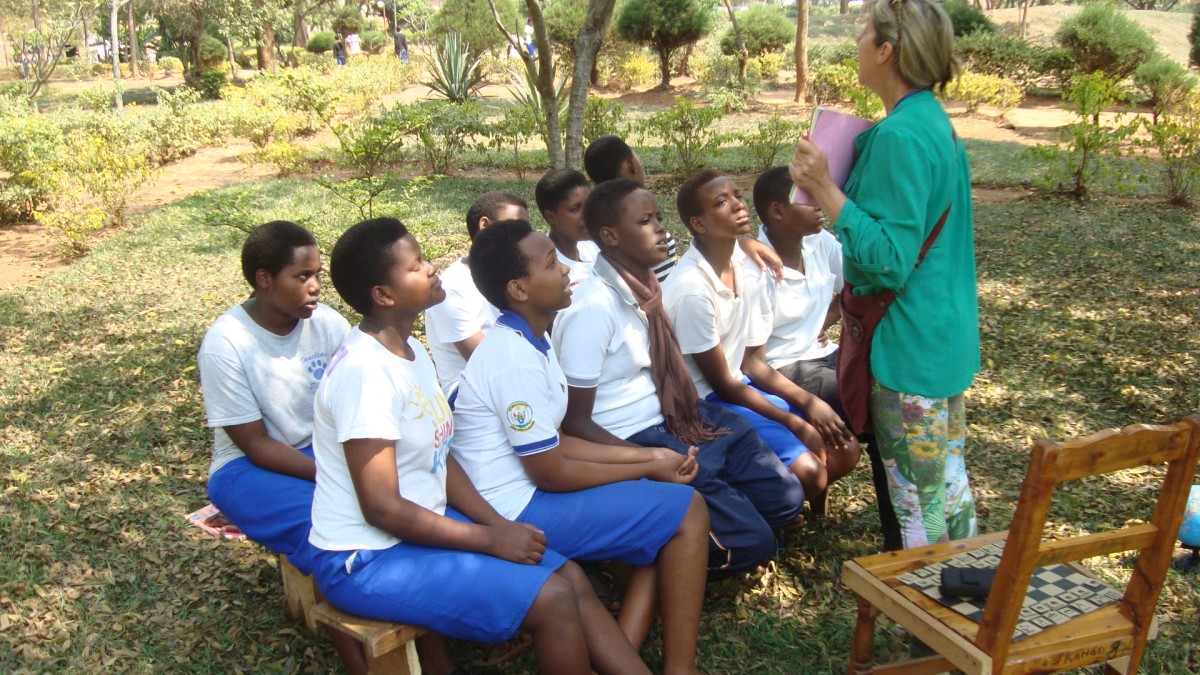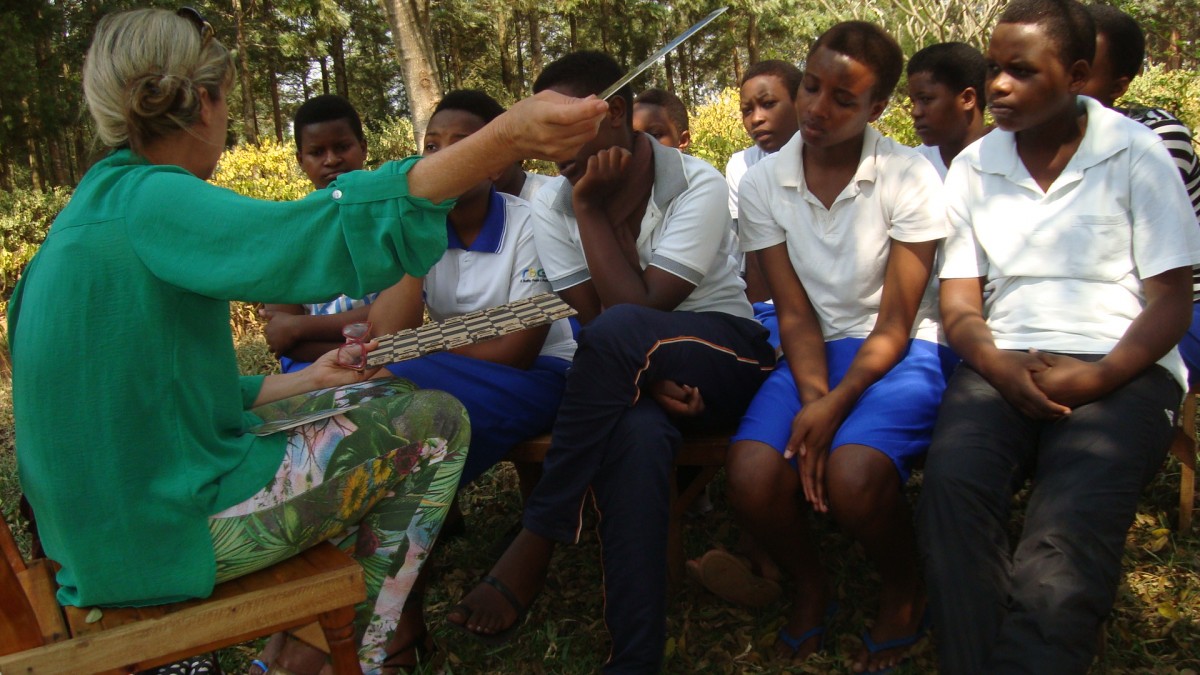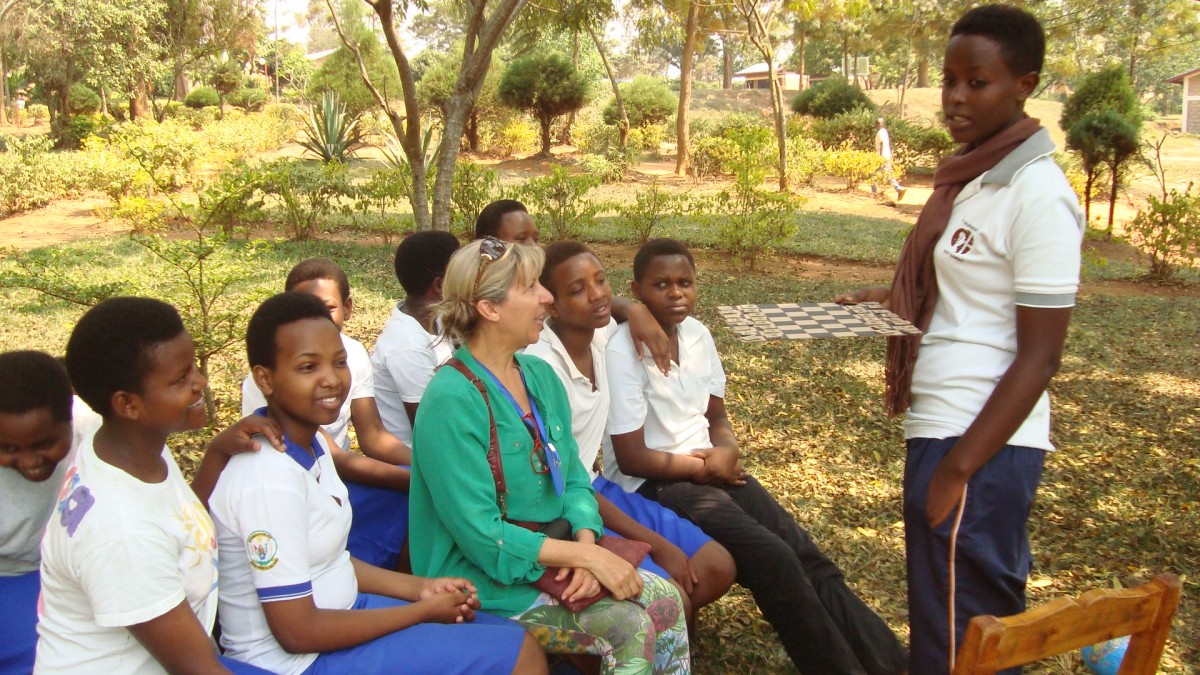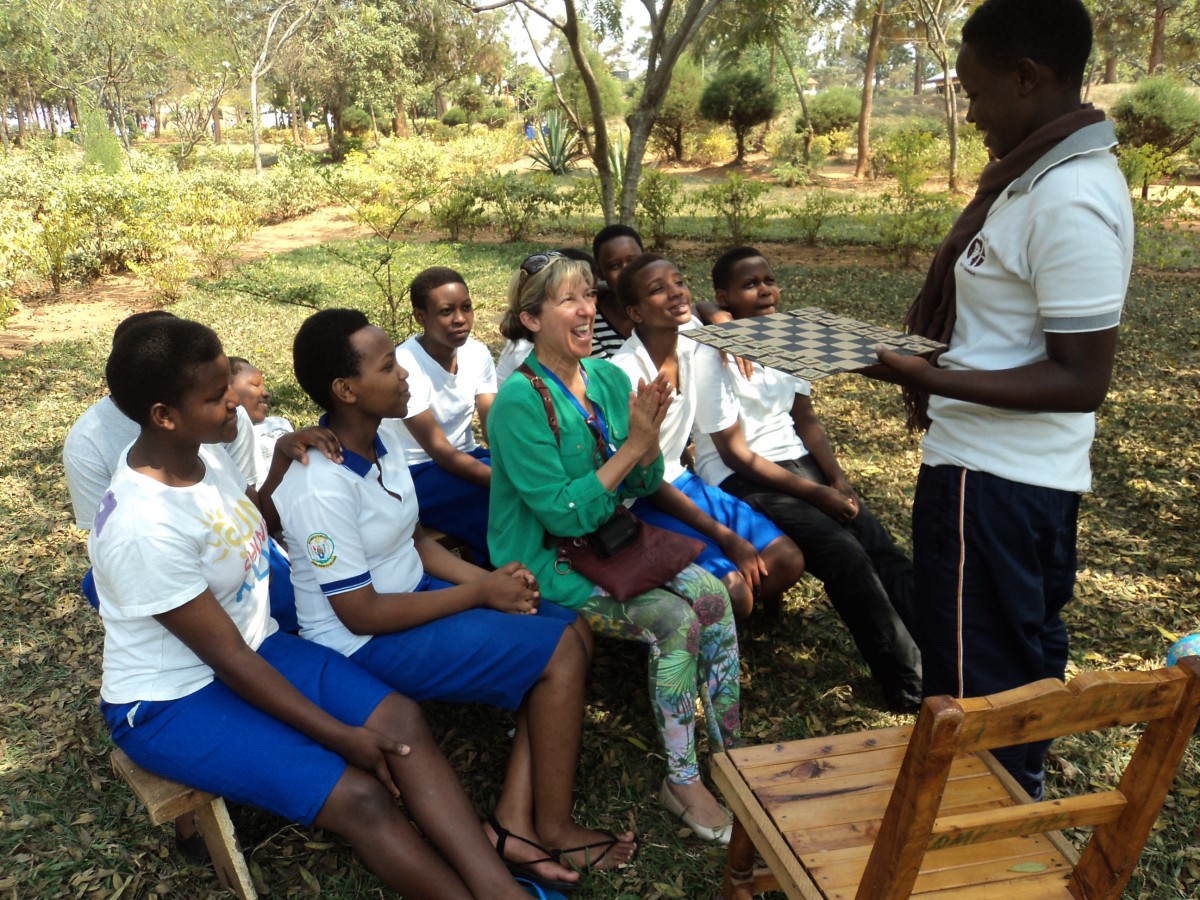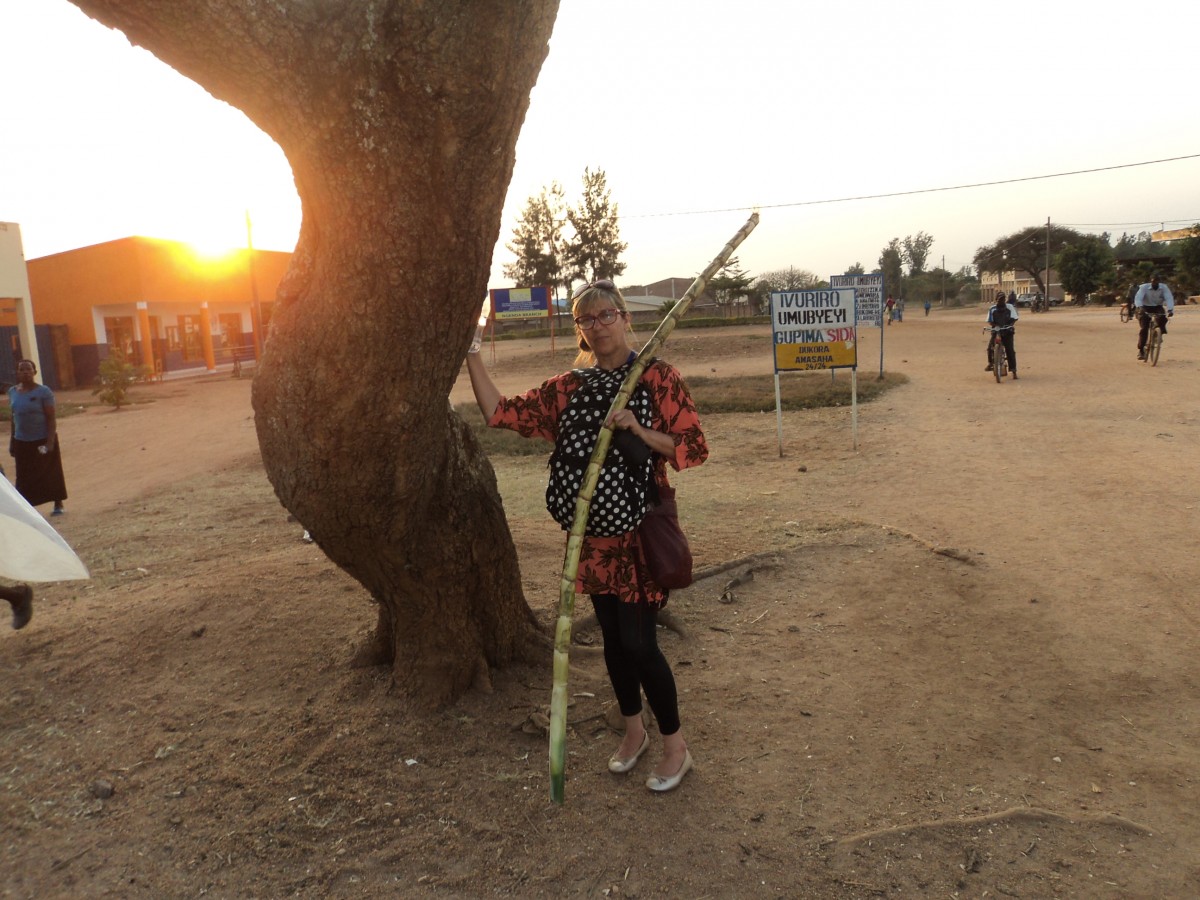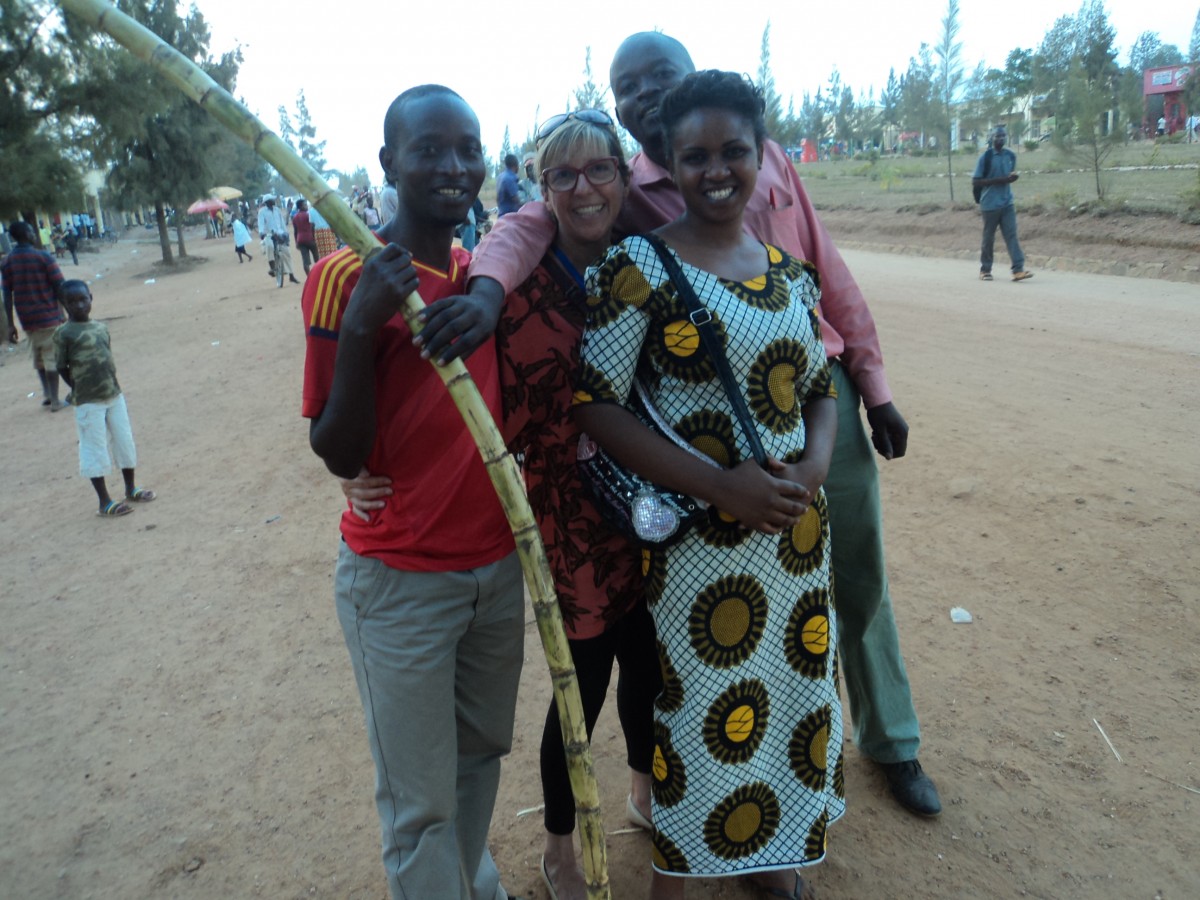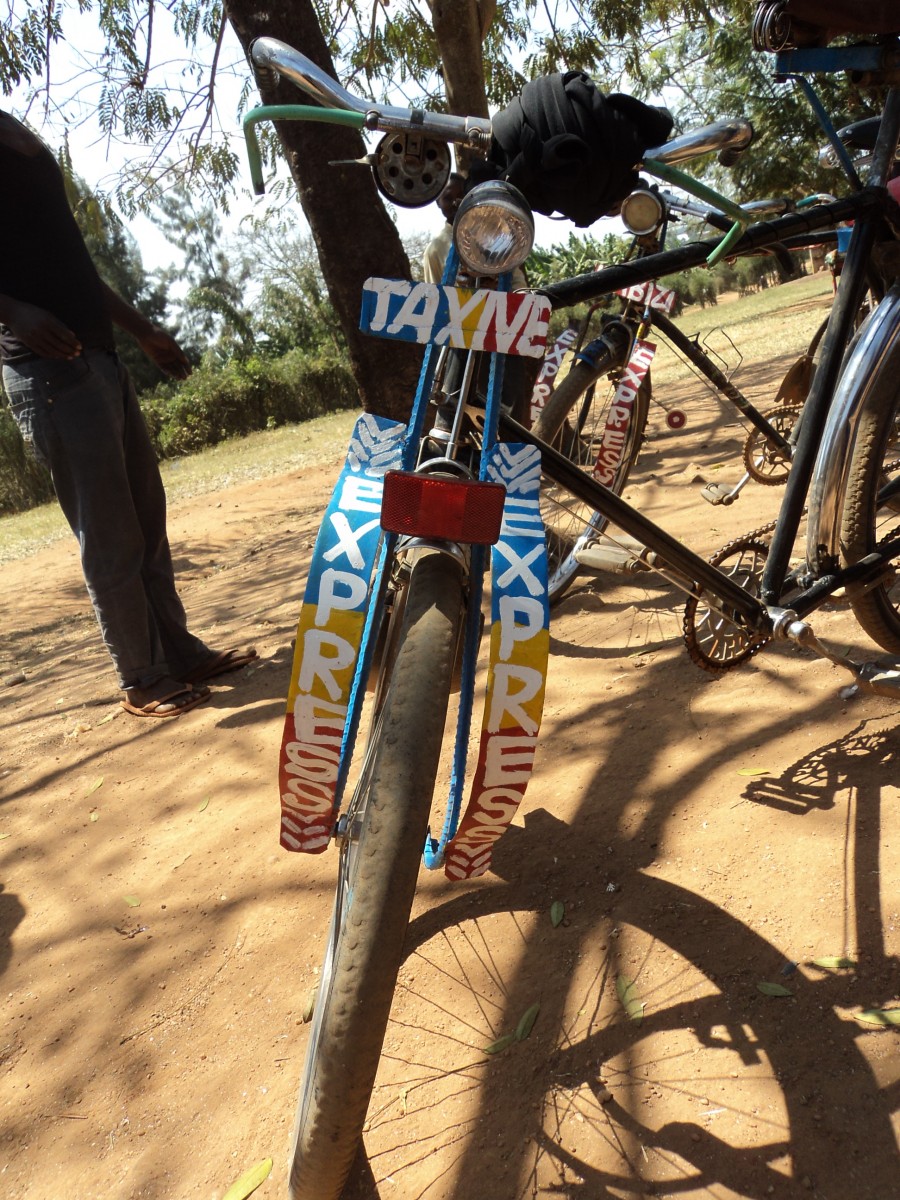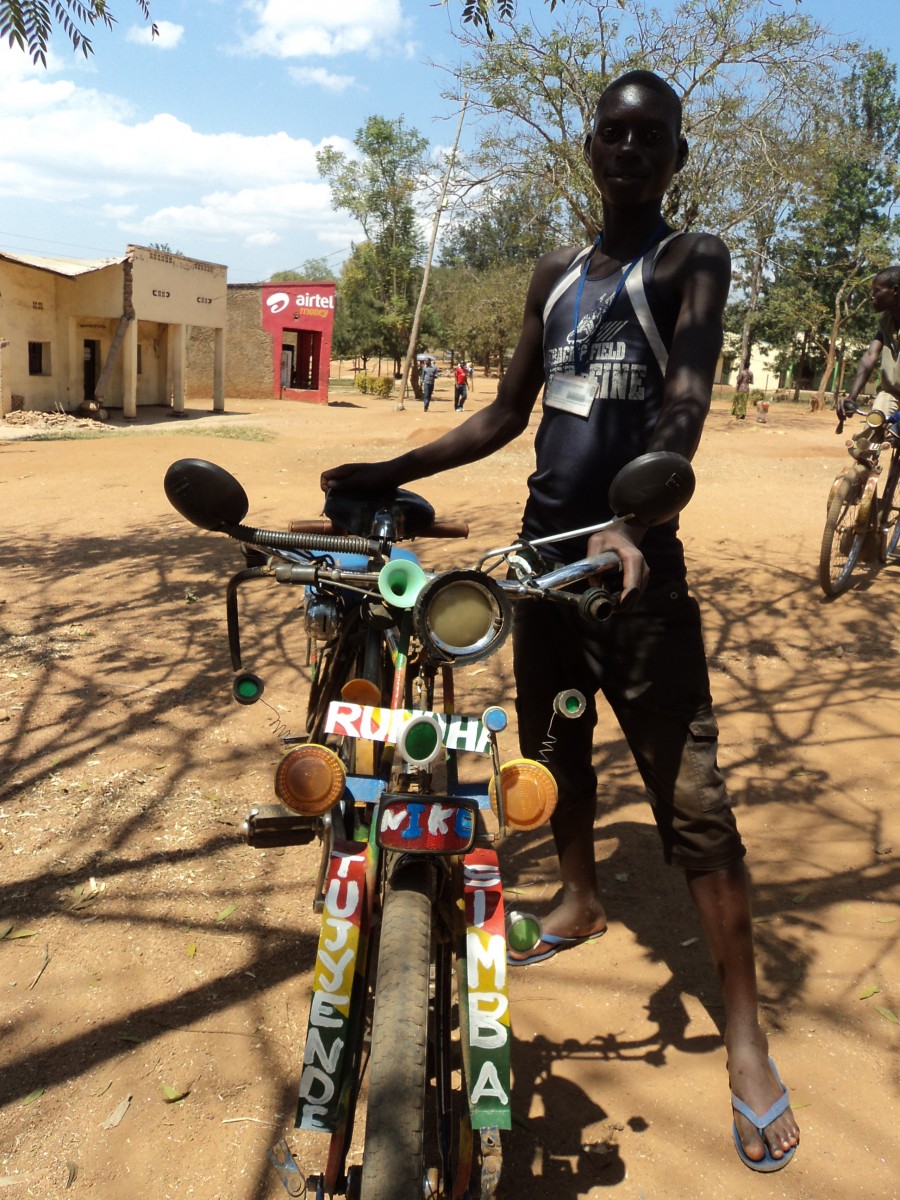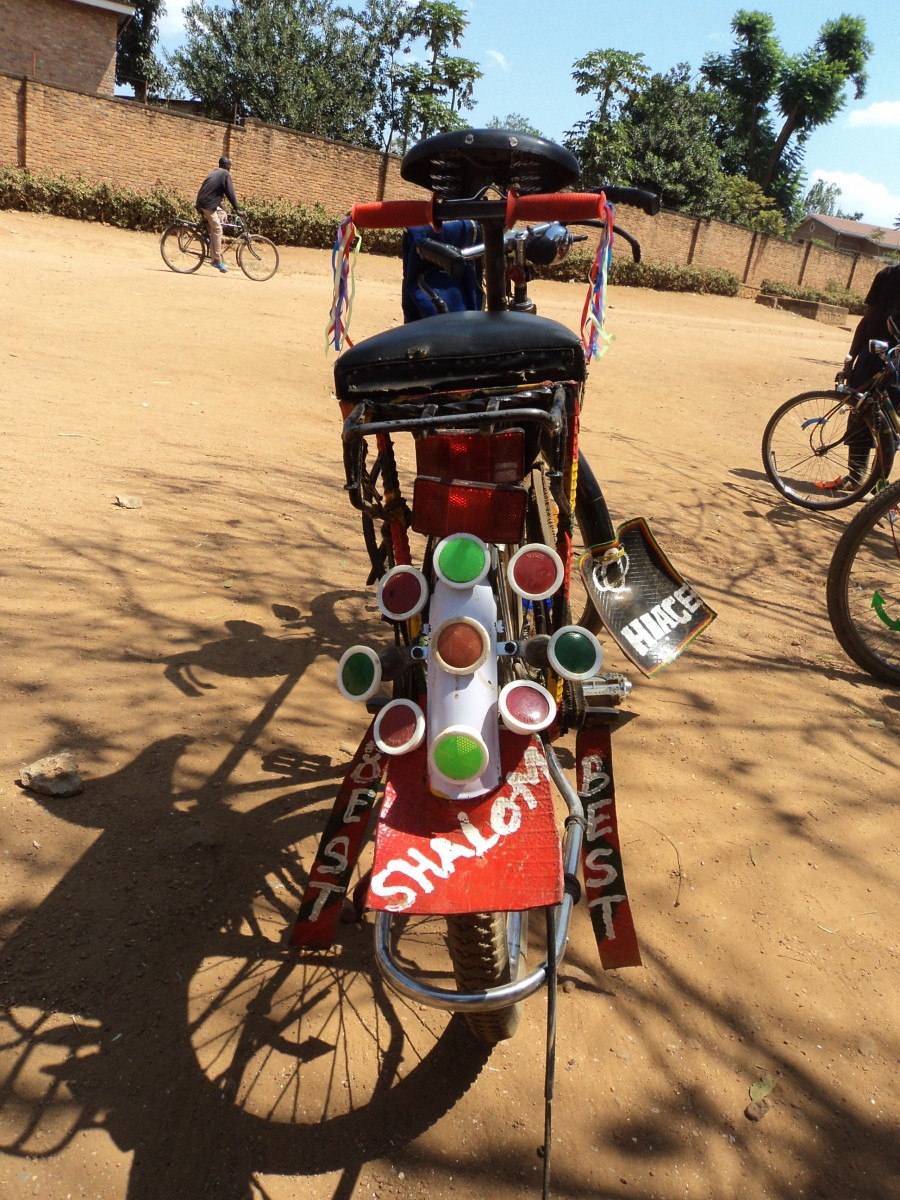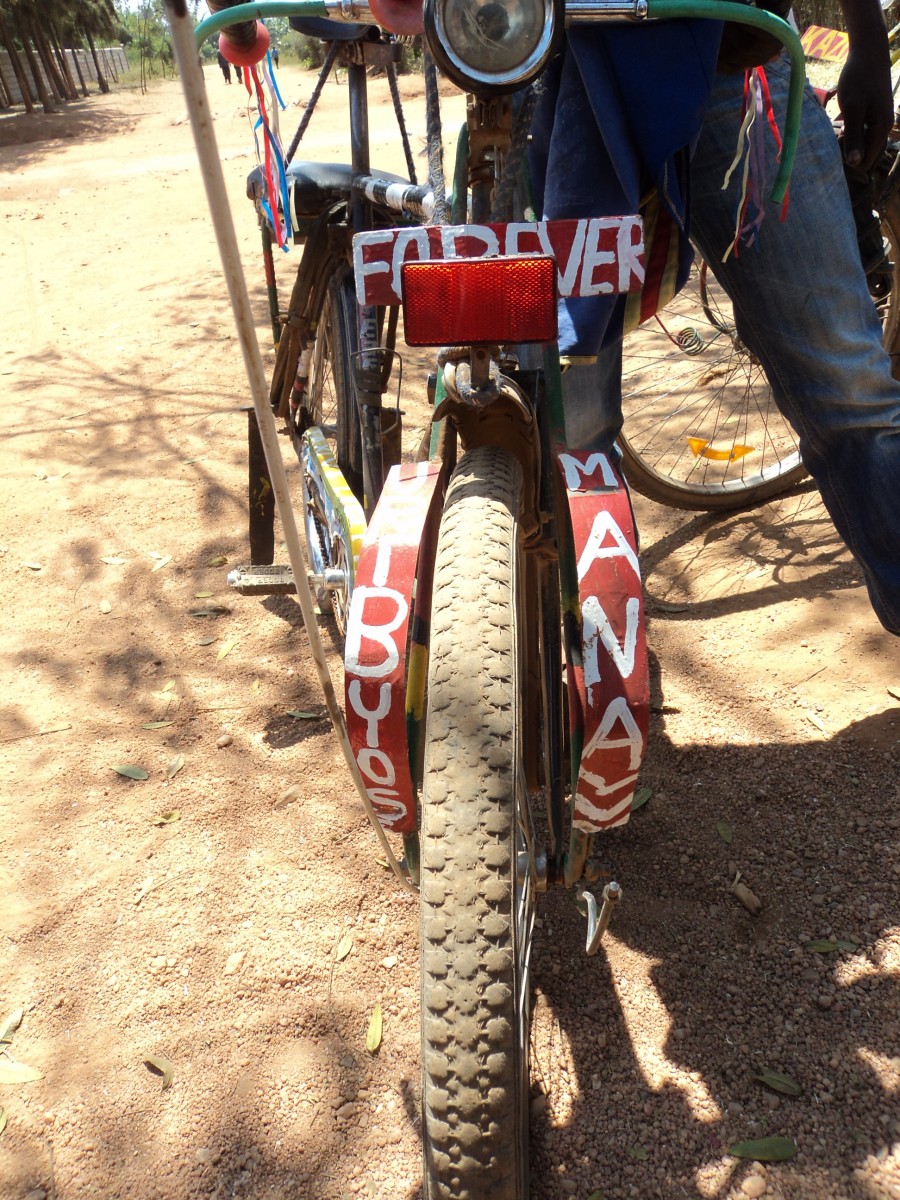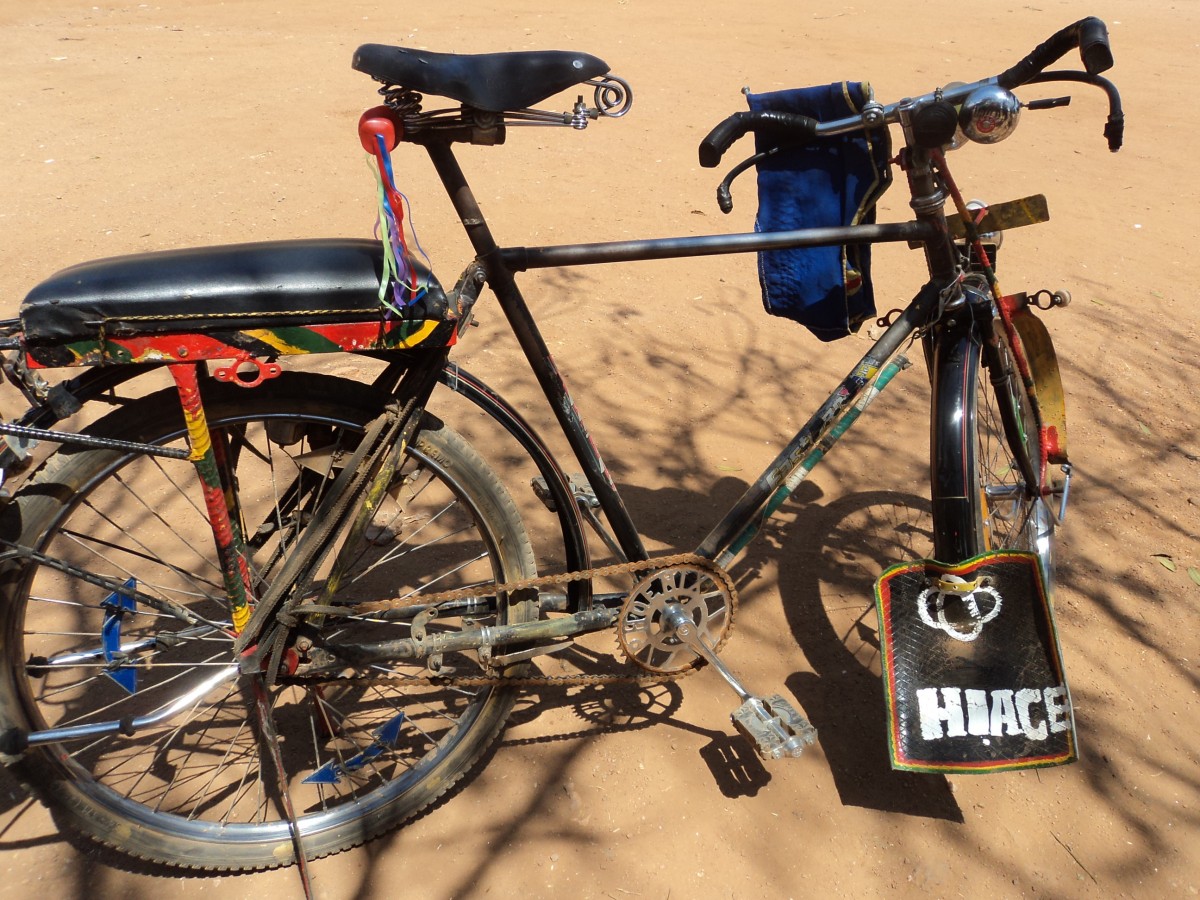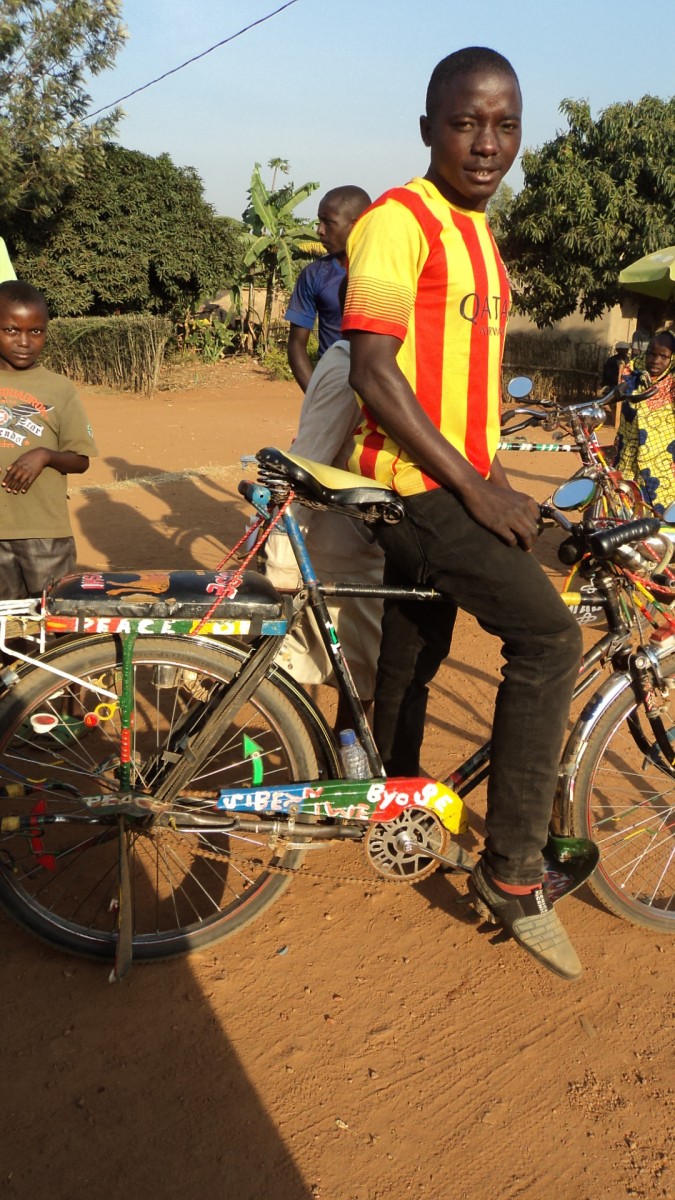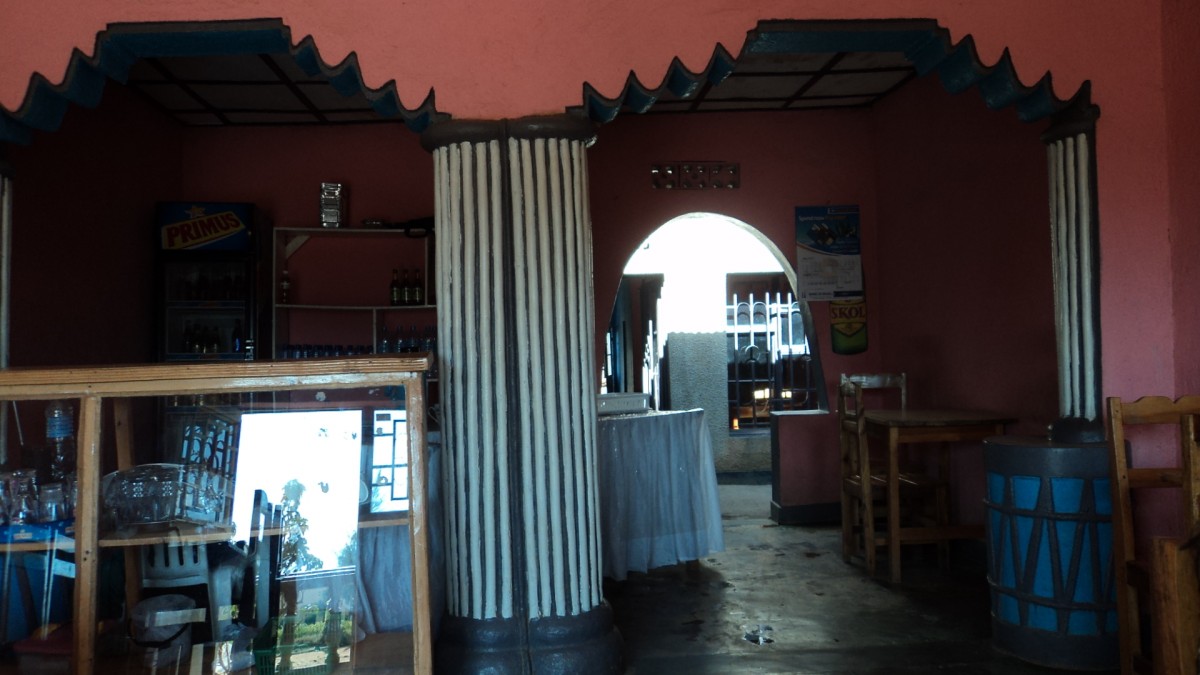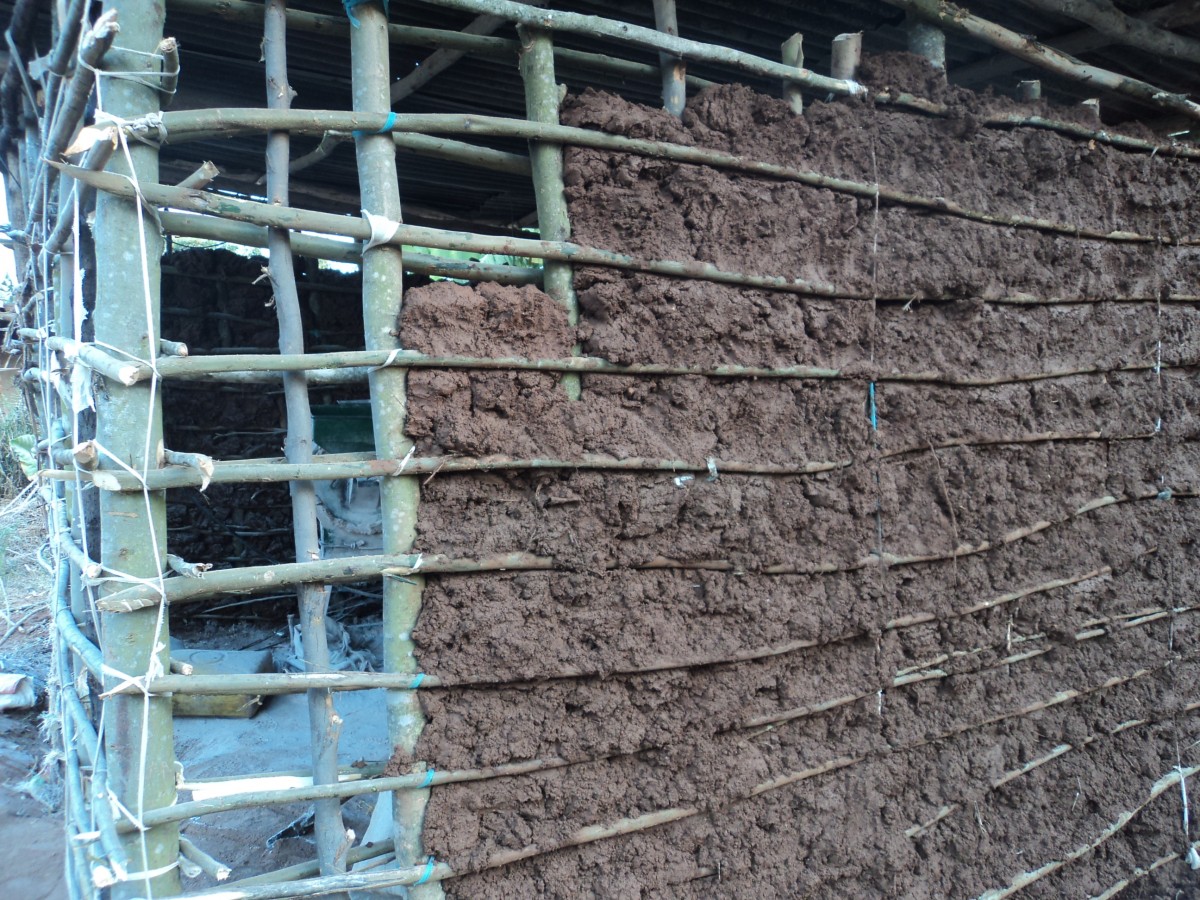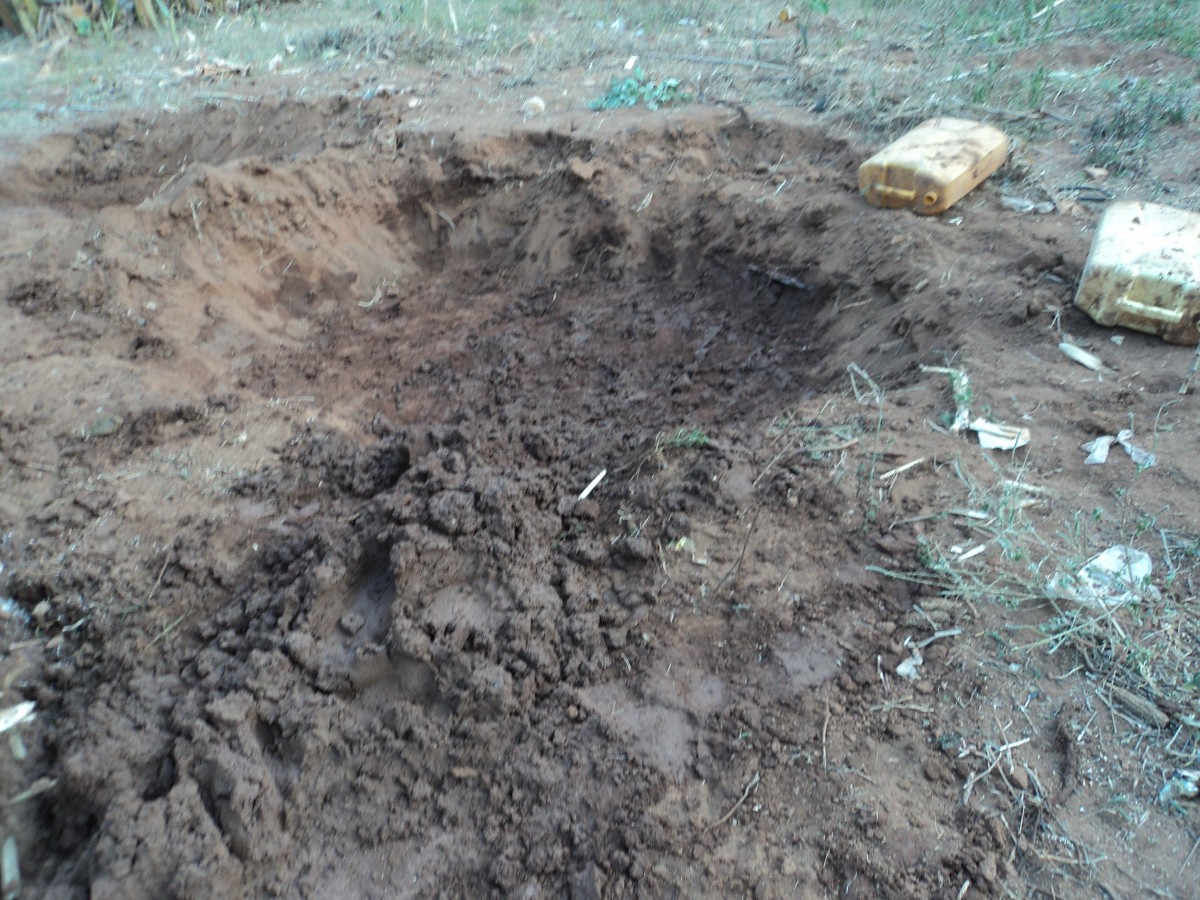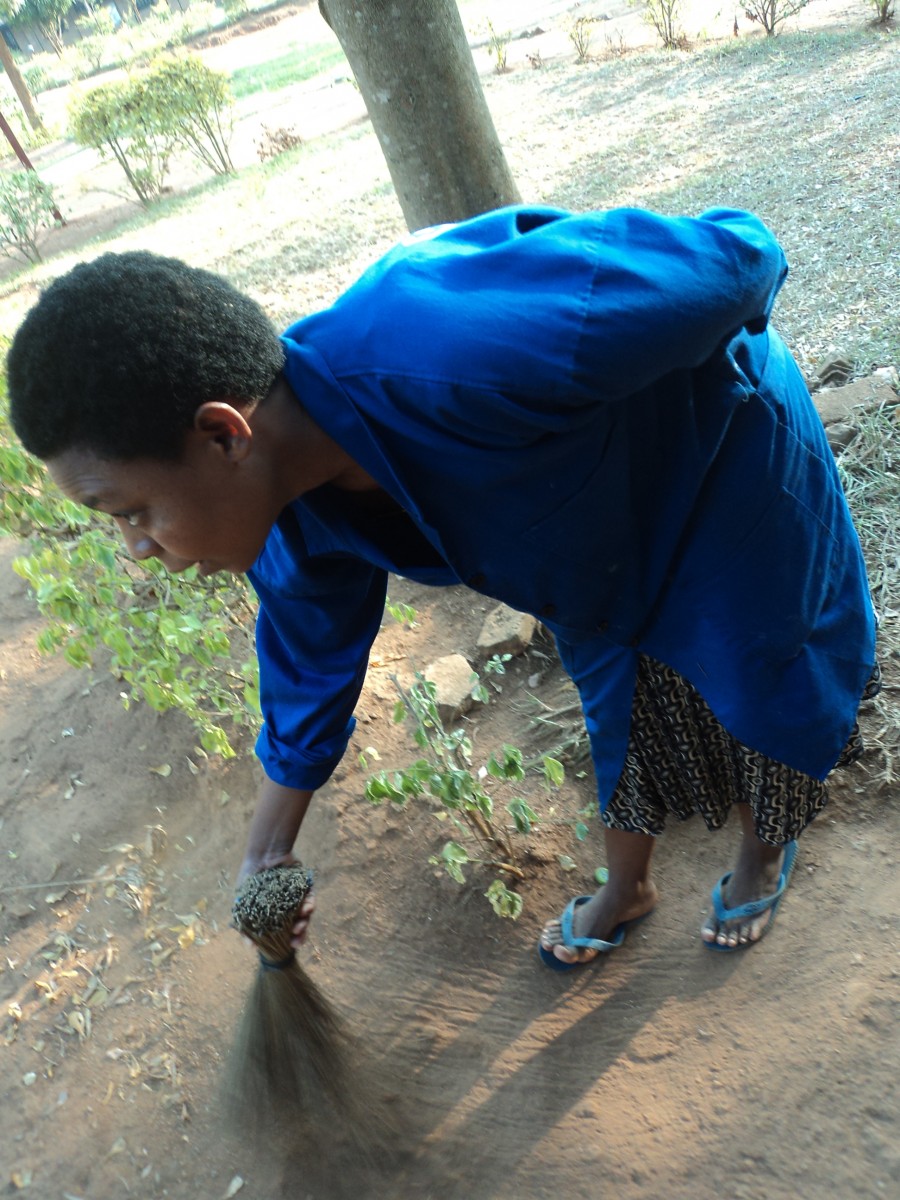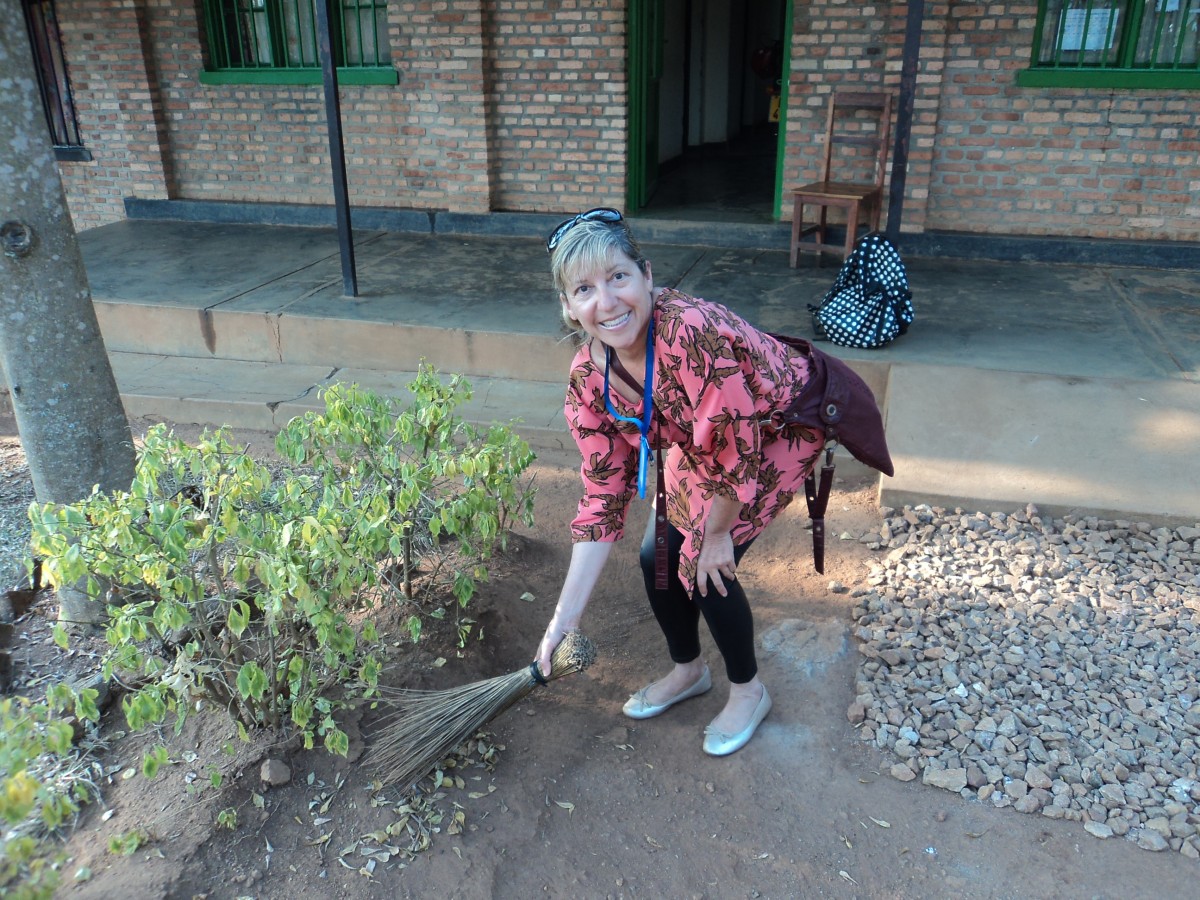As a Brazilian, banana has been always part of my everyday life. My mum used to plant it in the garden and the harvest was usually plenty for eating, making sweets and sharing with my neighbours. So, when I saw the banana plantation in Rwanda I thought that I could have it any time I wanted. However, the story was a little bit different. Have you ever tried to go shopping in Ruhuha?
It was Tuesday morning on my way to school when I decided to buy some bananas. It was a market day usually when you can buy anything you want. How difficult it can be! Well, certainly you need a good knowledge of Kinyarwanda if you want to negotiate the price.
On the side of the road close to the school I saw this lady that had a supermarket basket of bananas. I was feeling confident that I could negotiate the price as I wanted to buy everything. Those bananas would make everybody very happy at lunch time as we all love banana.
So, I asked the price to the lady: Angahe? How much?
The lady was not sure how much she should charge the bananas from me (muzungu). Waiting for a response and while she was trying to think, a man jumped in and said: Rwf 40000. Believe me, it means about £40. Disappointed I went to school and told my colleagues about my attempt to buy bananas for our lunch. They all laughed and said that it was too much. Besides, the bananas were not beautiful.
Happily we got the same amount of bananas for Rwf 500 from another vendor for our lunch.


